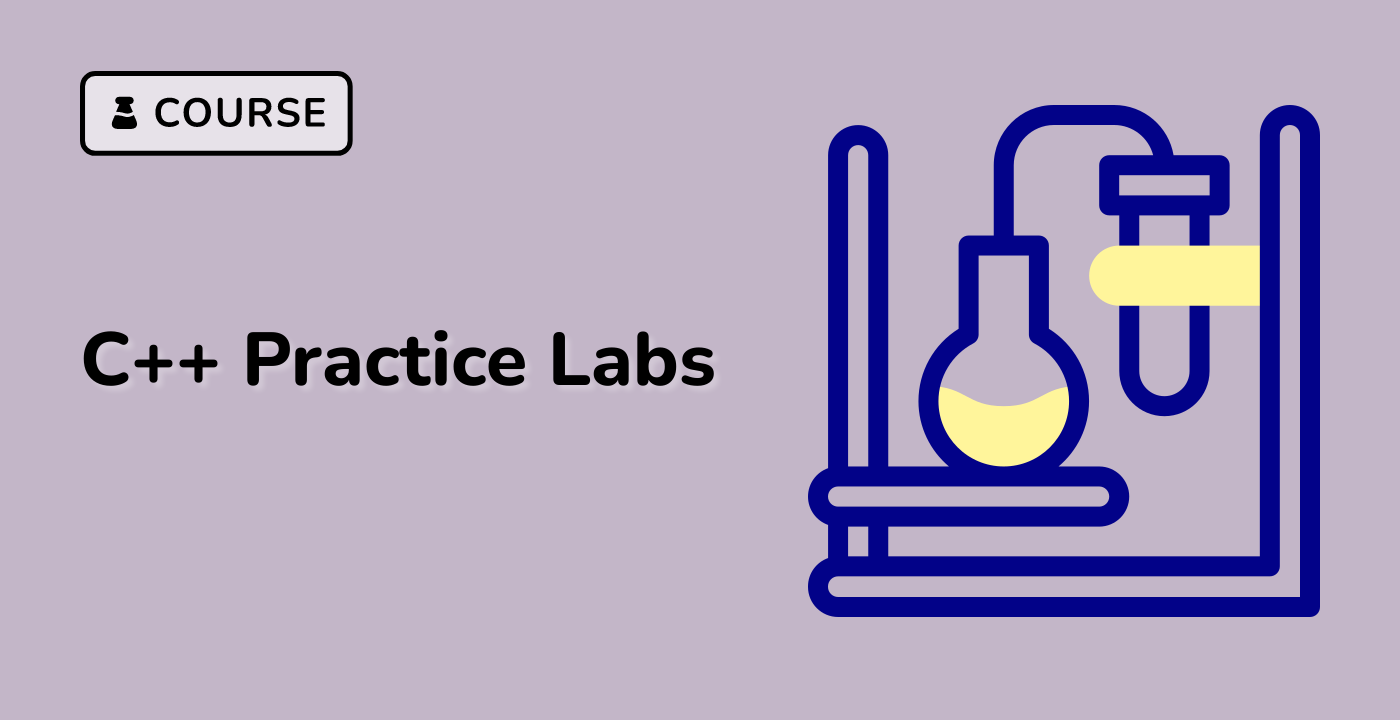Error Handling Techniques
Comprehensive Overflow Error Management
Error Handling Strategies Overview
| Strategy |
Approach |
Complexity |
Use Case |
| Exception Handling |
Throw exceptions |
Medium |
Complex systems |
| Error Code Return |
Return status codes |
Low |
Performance-critical code |
| Logging |
Record error information |
Low |
Diagnostic purposes |
| Abort/Terminate |
Stop program execution |
High |
Critical failures |
Exception-Based Error Handling
class OverflowException : public std::runtime_error {
public:
OverflowException(const std::string& message)
: std::runtime_error(message) {}
};
template <typename T>
T safeMultiply(T a, T b) {
if (a > 0 && b > 0 && a > std::numeric_limits<T>::max() / b) {
throw OverflowException("Multiplication would cause overflow");
}
return a * b;
}
Error Detection Workflow
graph TD
A[Arithmetic Operation] --> B{Overflow Check}
B --> |Overflow Detected| C[Error Handling]
C --> D1[Throw Exception]
C --> D2[Return Error Code]
C --> D3[Log Error]
B --> |No Overflow| E[Continue Computation]
Error Code Return Pattern
enum class ArithmeticResult {
Success,
Overflow,
Underflow,
DivisionByZero
};
template <typename T>
struct SafeComputationResult {
T value;
ArithmeticResult status;
};
SafeComputationResult<int> safeDivide(int numerator, int denominator) {
if (denominator == 0) {
return {0, ArithmeticResult::DivisionByZero};
}
if (numerator == std::numeric_limits<int>::min() && denominator == -1) {
return {0, ArithmeticResult::Overflow};
}
return {numerator / denominator, ArithmeticResult::Success};
}
Logging-Based Error Tracking
#include <syslog.h>
void logArithmeticError(const std::string& operation,
const std::string& details) {
openlog("ArithmeticErrorLogger", LOG_PID, LOG_USER);
syslog(LOG_ERR, "Arithmetic Error in %s: %s",
operation.c_str(), details.c_str());
closelog();
}
Advanced Error Handling Techniques
1. Compile-Time Checks
template <typename T,
typename = std::enable_if_t<std::is_integral_v<T>>>
constexpr bool canAddSafely(T a, T b) {
return a <= std::numeric_limits<T>::max() - b;
}
2. Functional Error Handling
std::optional<int> safeDivideOptional(int numerator, int denominator) {
if (denominator == 0 ||
(numerator == std::numeric_limits<int>::min() && denominator == -1)) {
return std::nullopt;
}
return numerator / denominator;
}
Best Practices
- Choose appropriate error handling strategy
- Provide clear error messages
- Minimize performance overhead
- Use type-safe error handling mechanisms
At LabEx, we emphasize creating robust error handling mechanisms that balance safety, performance, and code clarity.
graph LR
A[Error Handling Method] --> B{Performance Impact}
B --> |Low| C[Error Codes]
B --> |Medium| D[Exceptions]
B --> |High| E[Comprehensive Logging]
Selecting the Right Approach
- Understand system requirements
- Profile and benchmark
- Consider maintainability
- Prioritize predictable behavior




